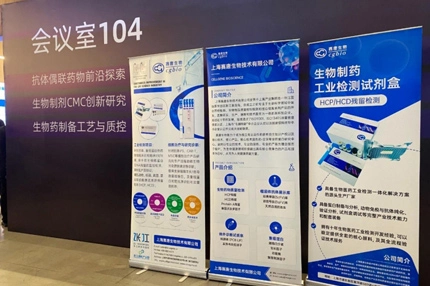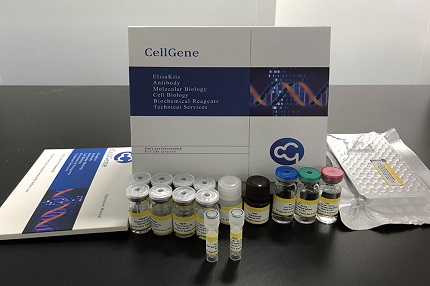Search ELISA Kits
Different Kinds of Research Reagents
-
Human Angiopoietin 2 ELISA kit (NE01A0503)MANUAL
Cat. No.: NE01A0503
Detection Range: 62.5-4000 pg/ml
Reactivity: Human
Sensitivity: 8pg/ml
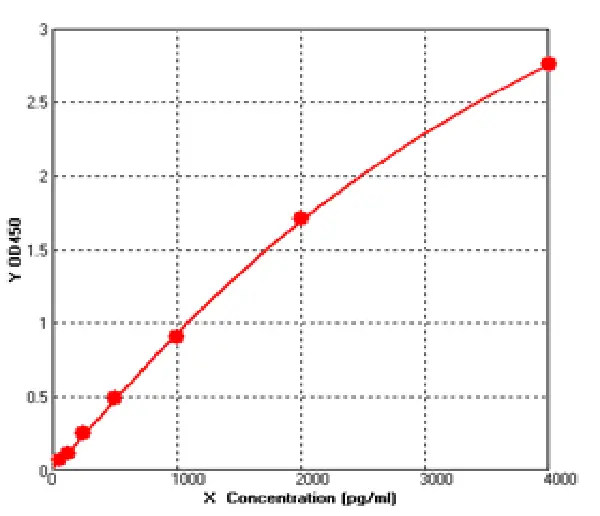
-
Human C Reactive Protein ELISA kit (NE01C0009)MANUAL
Cat. No.: NE01C0009
Detection Range: 15.63-1000 pg/ml
Reactivity: Human
Sensitivity: 3.28pg/ml
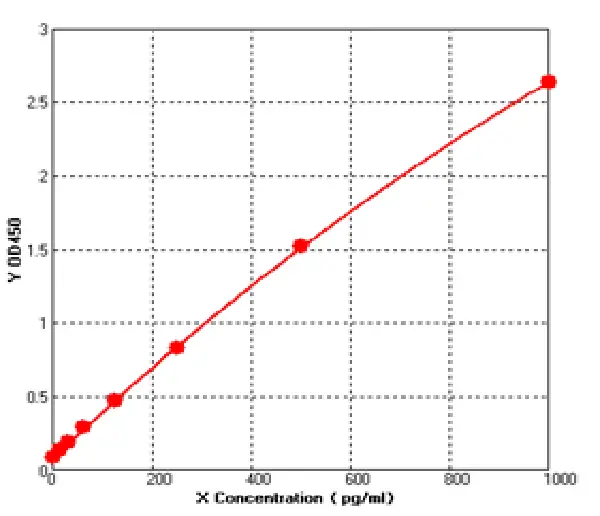
-
Human Chemokine (C-C motif) Ligand 18 ELISA kit (NE01C0064)MANUAL
Cat. No.: NE01C0064
Detection Range: 31.25-2000 pg/ml
Reactivity: Human
Sensitivity: 4.02pg/ml
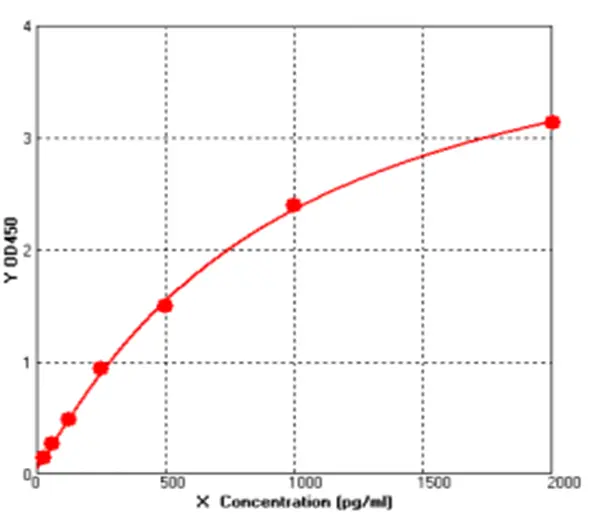
-
Human Collagen, Type I, Alpha 1 ELISA kit (NE01C1899)MANUAL
Cat. No.: NE01C1899
Detection Range: 31.25-2000 pg/ml
Reactivity: Human
Sensitivity: 6.4pg/ml
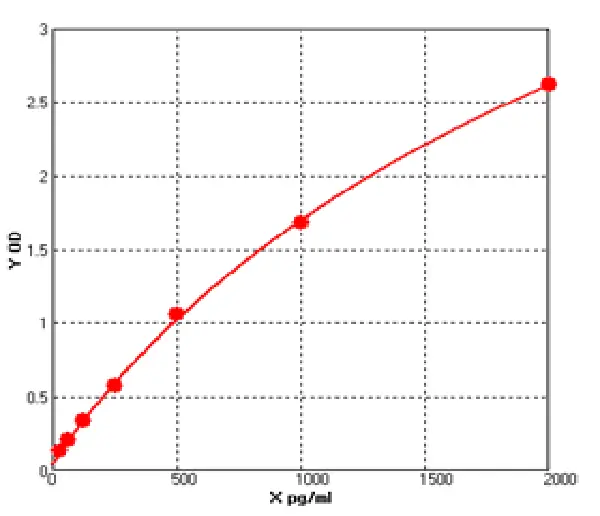
-
Human Receptor Tyrosine Protein Kinase ELISA kit (NE01E0526)MANUAL
Cat. No.: NE01E0526
Detection Range: 46.88-3000 pg/ml
Reactivity: Human
Sensitivity: 5.66pg/ml
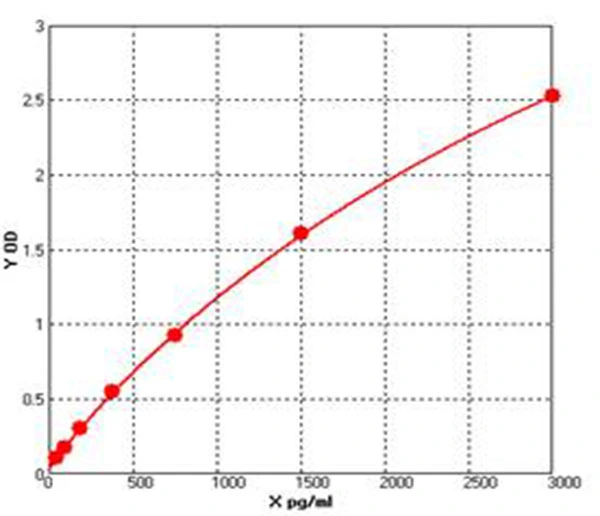
-
Human/Canine/Porcine Insulin ELISA kit (NE01I0004)MANUAL
Cat. No.: NE01I0004
Detection Range: 7.81-500 pmol/l
Reactivity: Human
Sensitivity: 6.1pmol/L
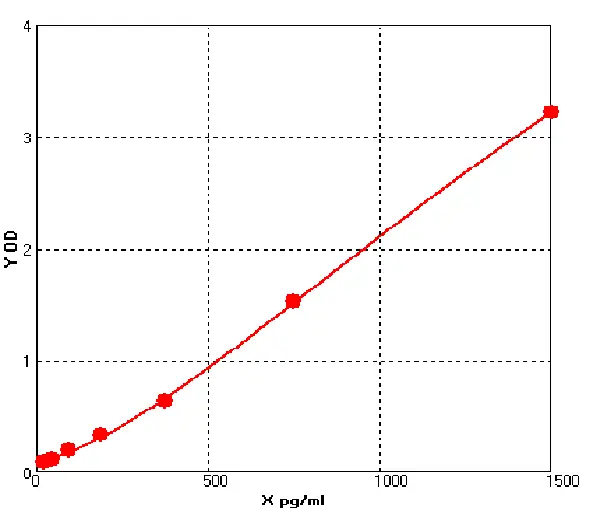
-
Human Interleukin 1β ELISA kit (NE01I0010)MANUAL
Cat. No.: NE01I0010
Detection Range: 15.63-1000 pg/ml
Reactivity: Human
Sensitivity: 2.6pg/ml
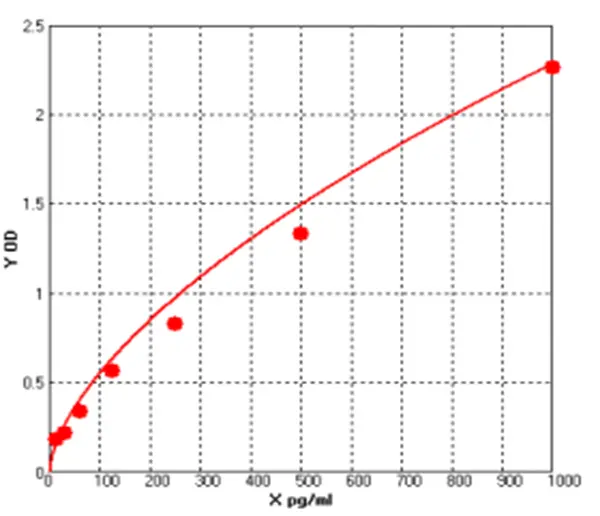
-
Human Interleukin 8 ELISA kit (NE01I0056)MANUAL
Cat. No.: NE01I0056
Detection Range: 31.25-2000 pg/ml
Reactivity: Human
Sensitivity: 3.36pg/ml
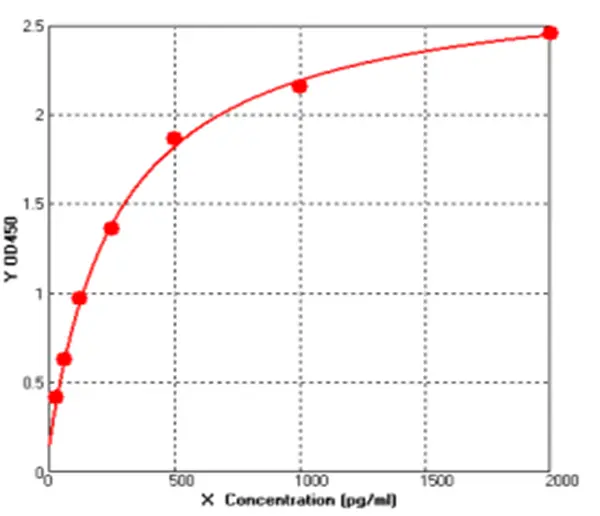
-
Human Interleukin 18 ELISA kit (NE01I0310)MANUAL
Cat. No.: NE01I0310
Detection Range: 15.63-1000 pg/ml
Reactivity: Human
Sensitivity: 5.66pg/ml
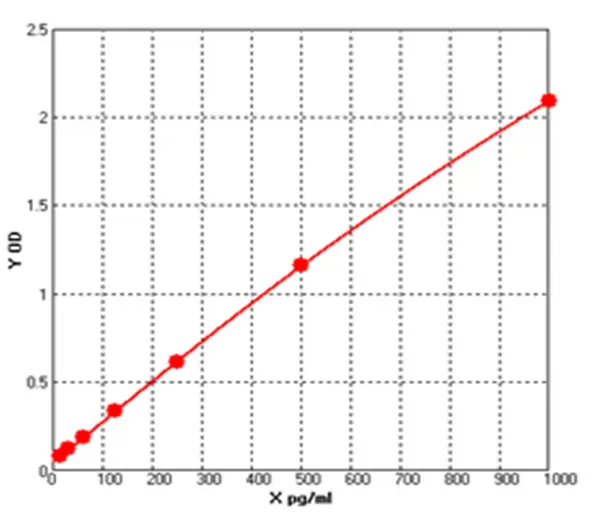
-
Human Leptin ELISA kit (NE01L0038)MANUAL
Cat. No.: NE01L0038
Detection Range: 23.4-1500pg/ml
Reactivity: Human
Sensitivity: 13.2pg/ml
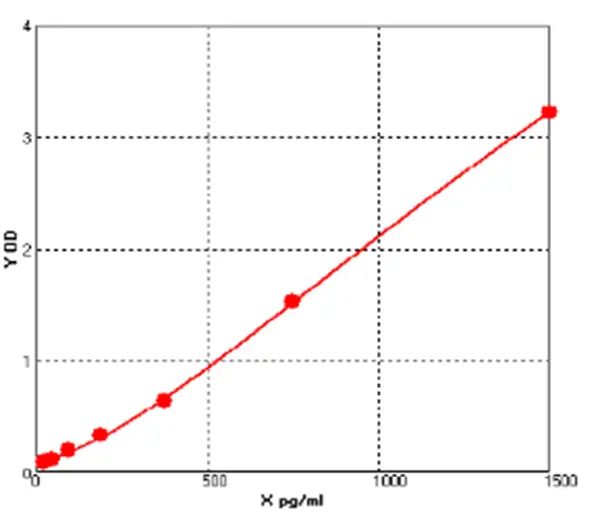
-
Human Matrix Metalloproteinase 9 ELISA kit (NE01M0329)MANUAL
Cat. No.: NE01M0329
Detection Range: 78.13-5000 pg/ml
Reactivity: Human
Sensitivity: 16.59pg/ml
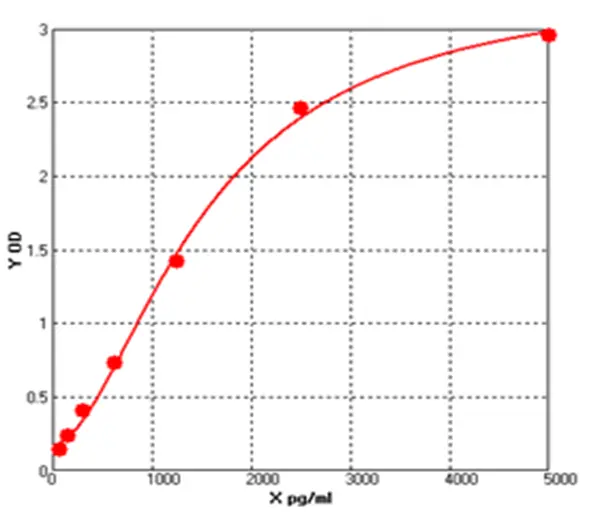
The Impact Of Research Reagents On Research Areas
Cytokines are mostly polypeptides, proteins or glycoproteins with good antigenicity. Antisera, polyclonal antibodies or monoclonal antibodies against different cytokines can be easily obtained by immunological technology. The detection of cytokines is of great significance not only for the basic research of immunology and molecular biology, but also for clarifying the pathogenesis of some diseases and guiding clinical treatment.
Immunological detection is one of the common methods for cytokine detection. In immunoassay, ELISA is a new immunoassay technology developed on the basis of immunoenzyme technology.
Research reagent is easy to preserve and the judgment is more objective. It is the most economical and common test method for detecting antigen and antibody in the laboratory, and has a wide range of application.
How Do Research Reagents Work In Lab?
-
This experimental method uses the recognition of antigen epitopes by antibodies and determines the antigenicity of cytokines. The same cytokine corresponds to two antibodies with different epitopes. One antibody is pre-coated on the microplate as a capture antibody and the other antibody is used as a detection antibody, and biotin is labeled on the detection antibody. Biotin molecules are combined with enzyme labeled avidin molecules to produce cascade amplification effect, which is more conducive to experimental detection.
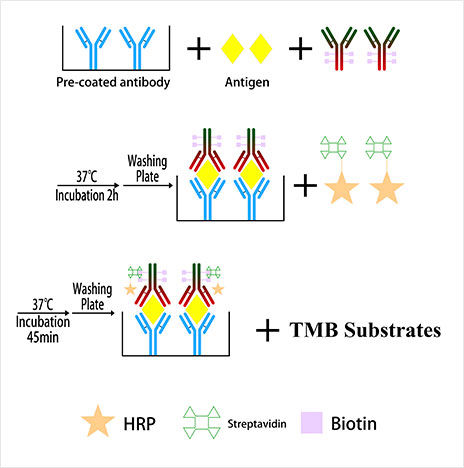


_00(1).webp)
